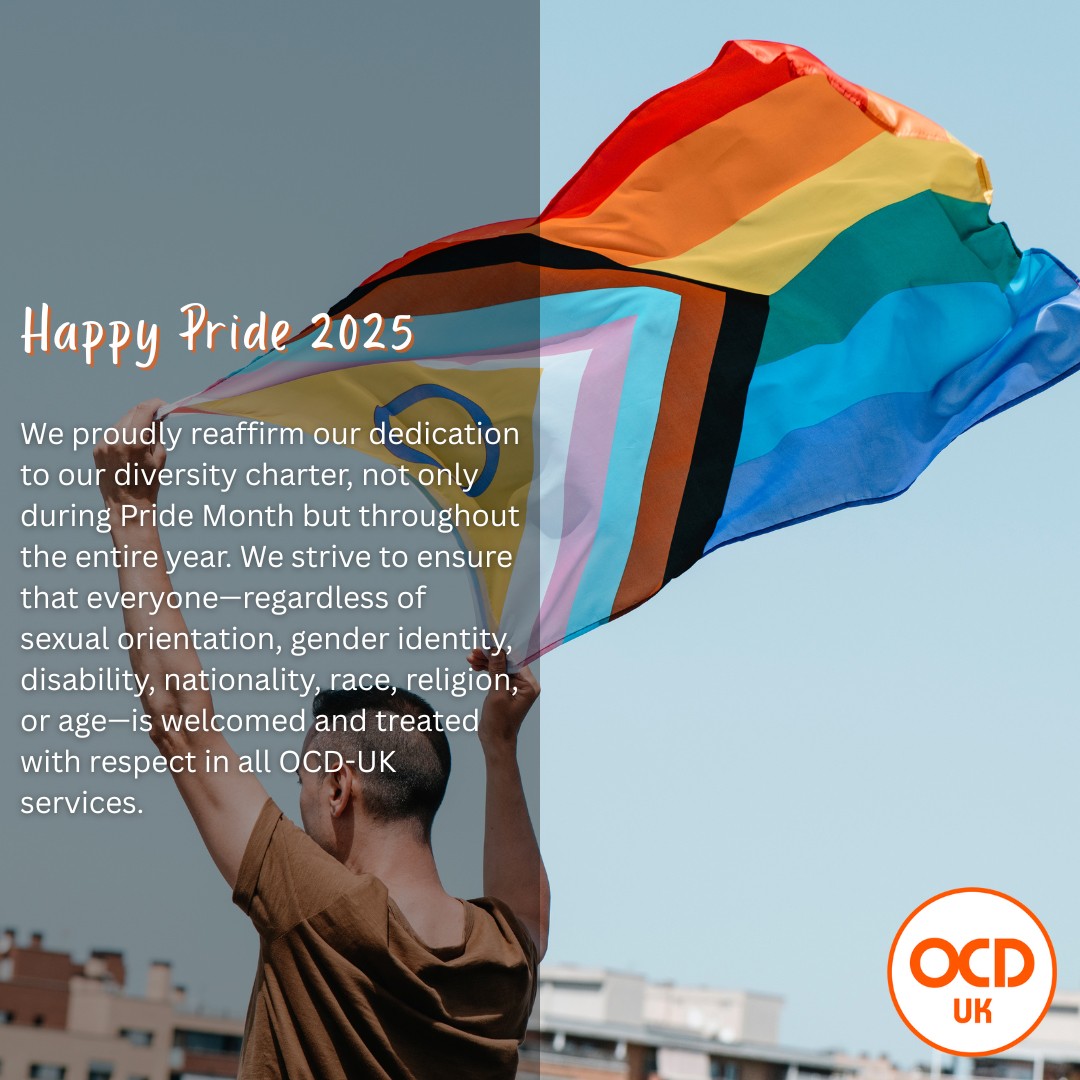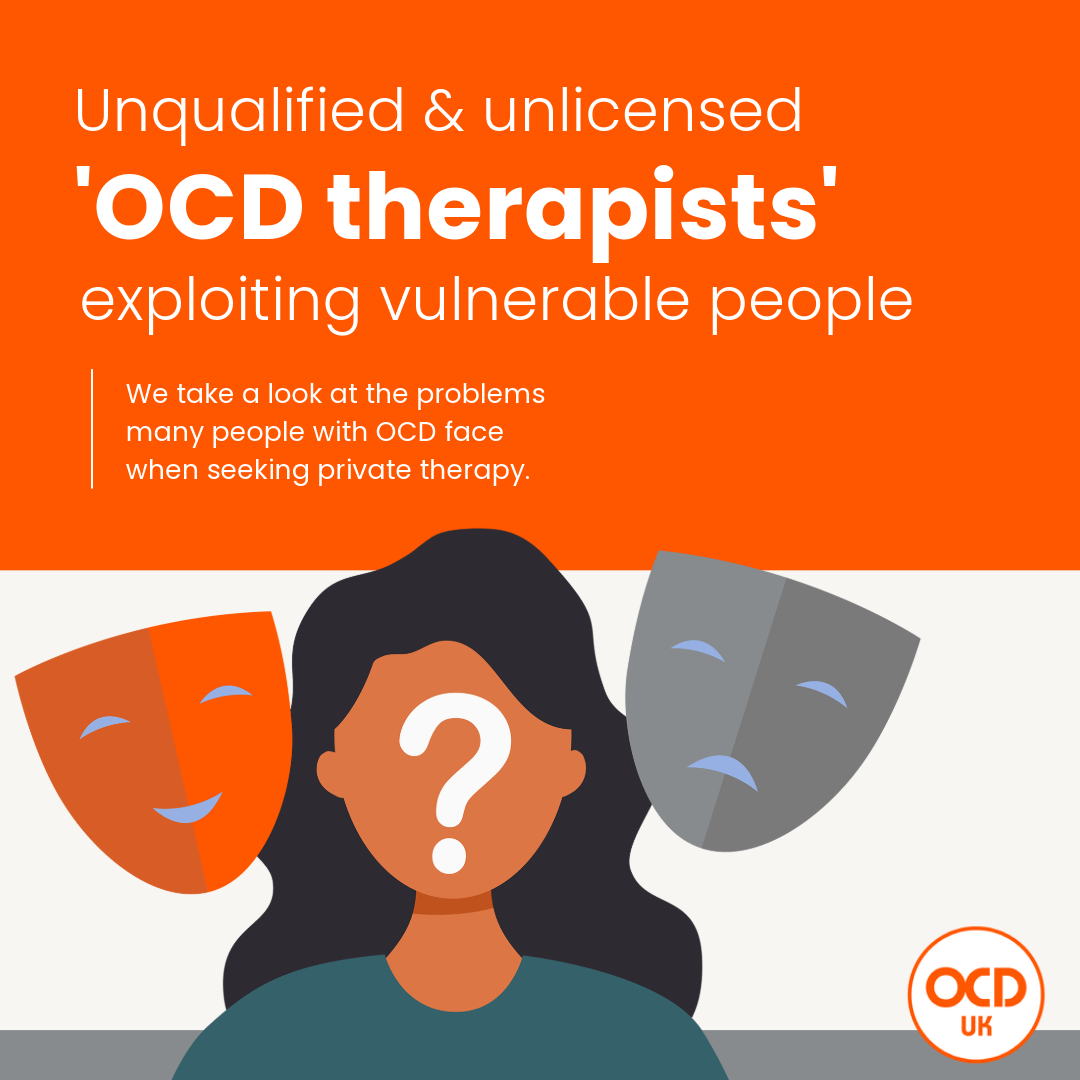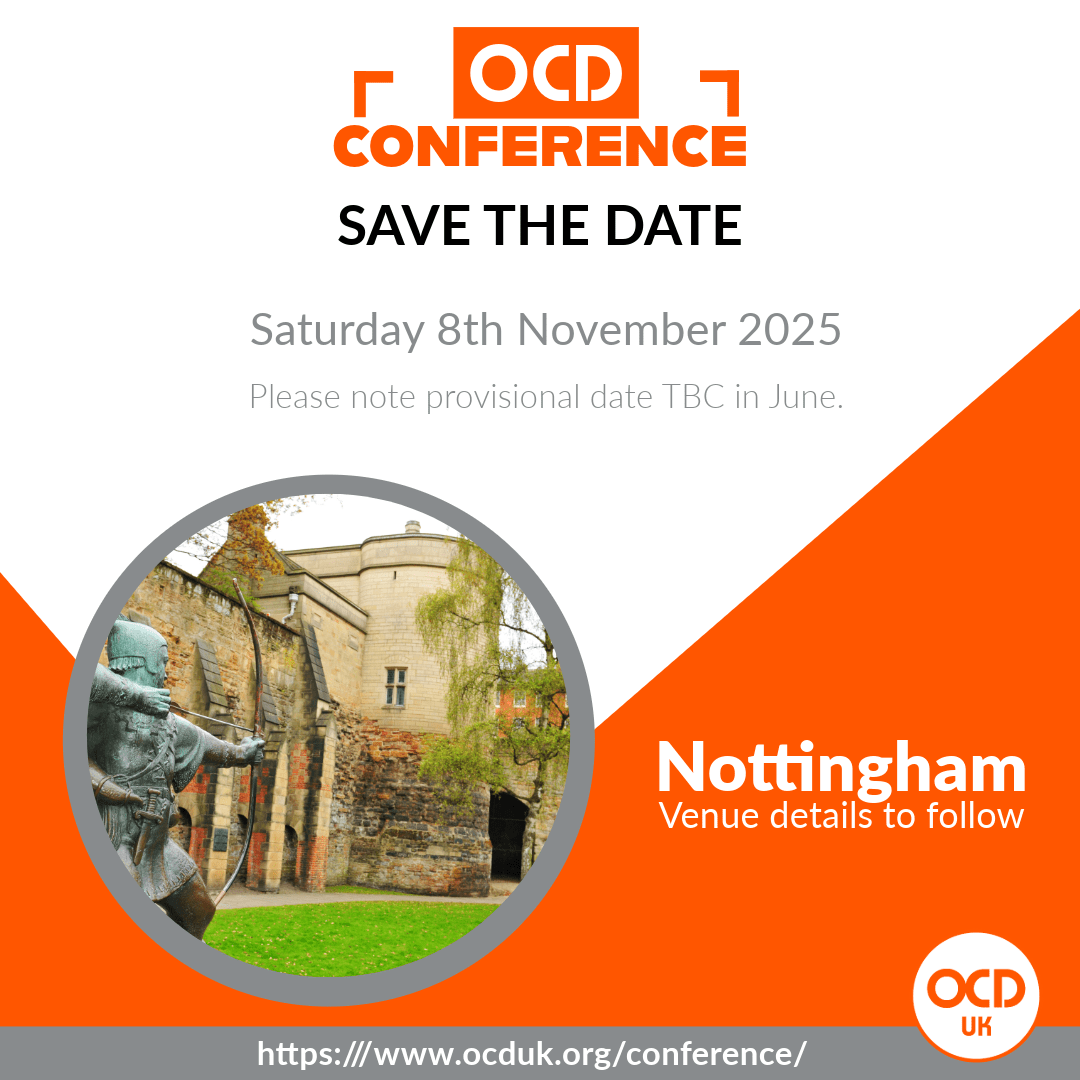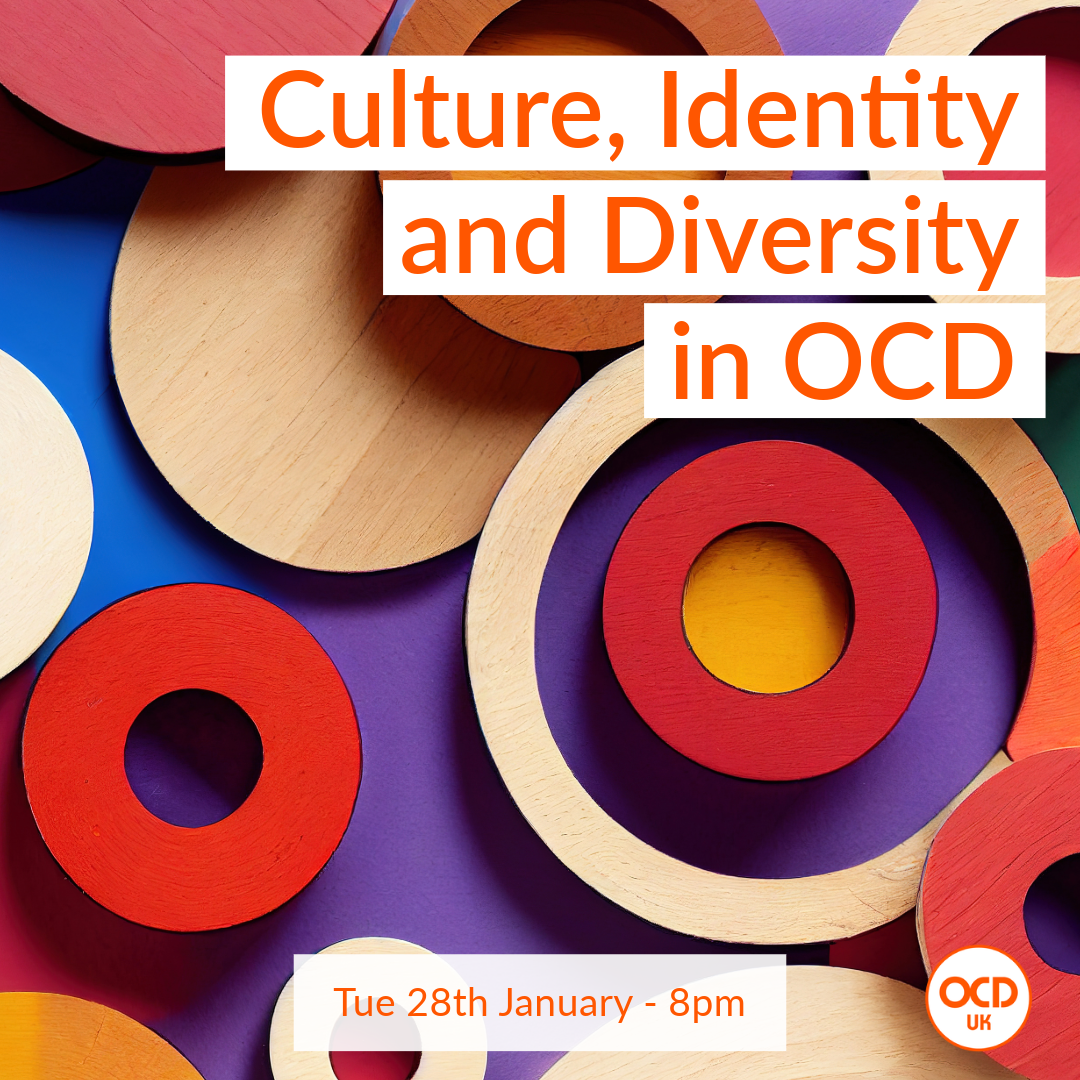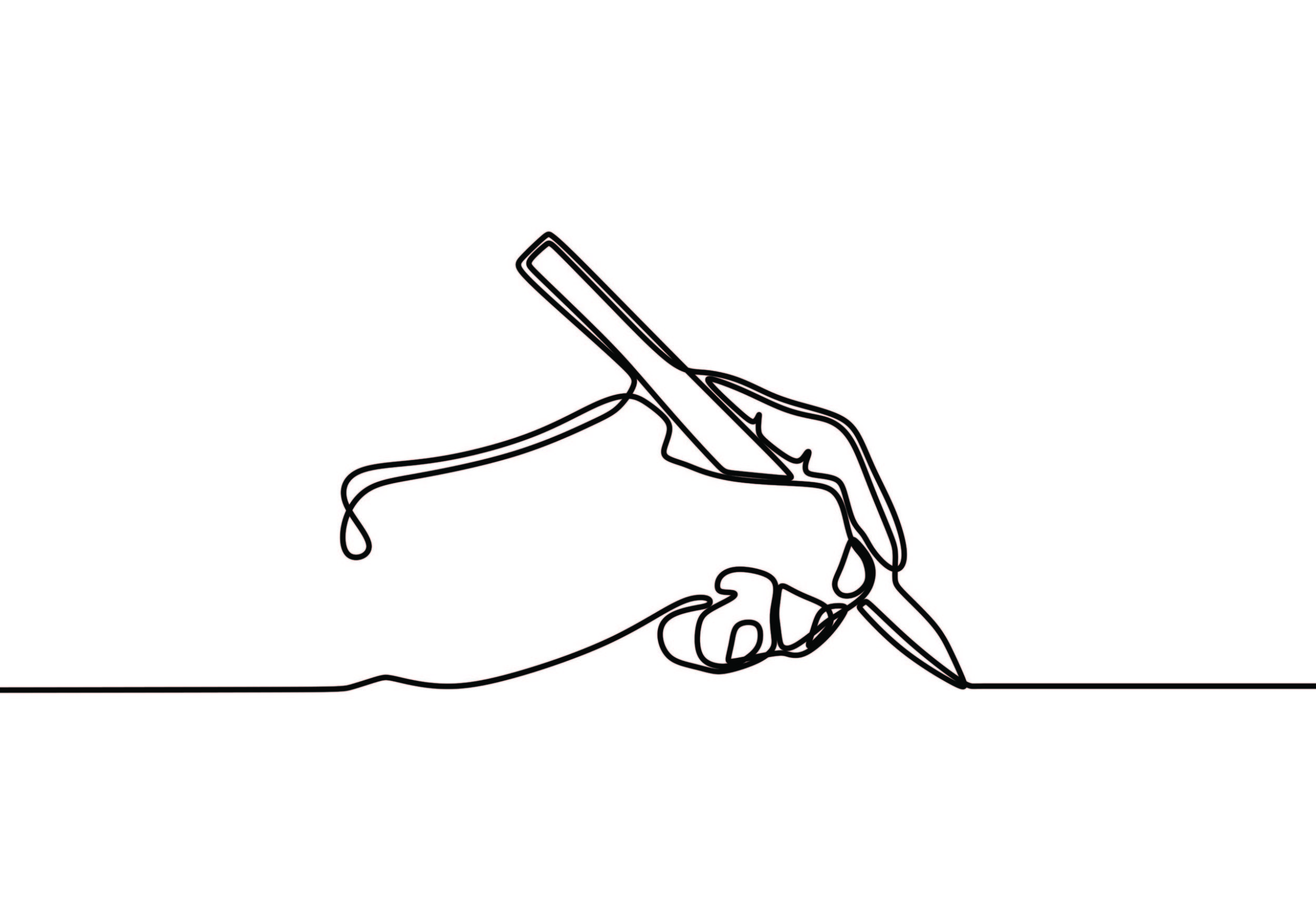
Dear Stereotypes,
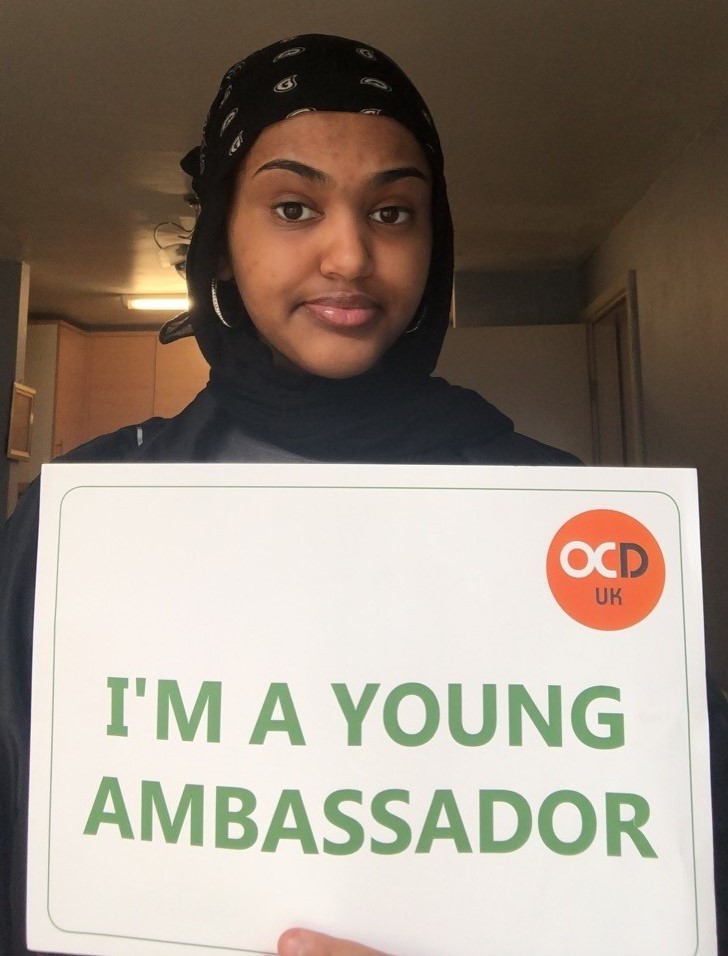 To all the shops and companies that have profited from trivialising OCD. To all the people, especially celebrities, using OCD as an adjective to describe being tidy or organised. To all the people using innocuous-looking phrases like ‘I am a little OCD’ unwittingly stigmatising this life-altering condition. And to all the people who think OCD is simply about cleaning and washing your hands a lot, stop what you are doing and read this…
To all the shops and companies that have profited from trivialising OCD. To all the people, especially celebrities, using OCD as an adjective to describe being tidy or organised. To all the people using innocuous-looking phrases like ‘I am a little OCD’ unwittingly stigmatising this life-altering condition. And to all the people who think OCD is simply about cleaning and washing your hands a lot, stop what you are doing and read this…
Let’s start off with the stereotypes around OCD. Many people are misled into believing that OCD is an adjective describing a person who is a ‘neat-freak’, likes things to be in colour order, loves cleaning, and washes their hands a lot. In fact, nearly all of us have thought at one point that this is what OCD was about, including some OCD sufferers themselves. Many companies have also trivialised OCD, feeding into the stereotypes. For example, in 2018, TK MAX had a range of Christmas themed products which were emblazoned with the words ‘I have OCD ... Obsessive Christmas Disorder’ which have now been thankfully removed, but the problem still lies in other companies. Celebrities, like Khloe Kardashian, are also known to throw the phrase ‘I’m a little OCD’ out a lot as well as teachers who are supposed to be role models to many young people in our society, so it is no wonder that OCD is so misinterpreted. However, that being said, it is still your responsibility to educate yourself on what OCD is before using dangerous language like that.
So, what is OCD? OCD is a debilitating illness that can affect multiple aspects of your daily life like education, relationships, and even things that seem simple like leaving the house or brushing your teeth, to the point where it can make you struggle to function properly. It is estimated that approximately 1.2% of the UK population suffer with OCD, so if you are reading this and you have OCD, know that you are not alone. OCD is a cycle of Obsessions and Compulsions driven by anxiety and distress, hence why OCD stands for Obsessive Compulsive Disorder.
Now, what are Obsessions and Compulsions? Obsessions are recurring unwanted and intrusive thoughts which create awareness of a potential negative consequence which leads to the sufferer engaging in compulsive actions, which can either be physical or internal, in order to prevent the perceived negative consequence, and temporarily minimise the anxiety around the obsession. Sadly, OCD is one of the most misunderstood and trivialised illnesses, but we can change that.
The stereotypes and trivialisation of OCD may seem quite harmless, but it can be very damaging to the people suffering with it. How, you might ask? As most illnesses, it is easier to recover from it if help is sought earlier on, however, due to stigma of OCD, people are often reluctant to seek help because they fear being judged or made fun of. Bizarrely, some people, like myself, don’t even know they have OCD until later on or until someone calls it out, this is also due to the incorrect stigma around what OCD is. People then end up getting diagnosed or getting help later on which makes the recovery process harder than it already is. This is the reason why 50% of OCD cases fall into the severe range. Another reason why the stereotypes are so detrimental is because it can invalidate and undermine the persons struggles, making them feel alone, even those little comments can make someone feel upset or disrespected. It is seen as more of a joke which just dismisses everyone’s experiences. Studies show that OCD sufferers are 10x more likely to die by suicide than the general population. This shows how difficult it is living with OCD, as well as all of the judgements and stereotypes that come along with it, leading them to feel alone and feel as though suicide is their only option.
In conclusion, my message for you today is to be more aware about what you are actually saying. It’s the little things that make a difference like:
- Correcting people when they say something that ridicules OCD
- Calling out companies that have products which trivialise OCD
- Educating your family members along with yourself on what it actually is
Sincerely,
Please complete our short, anonymous feedback form about Ekram's post
Share this Post








